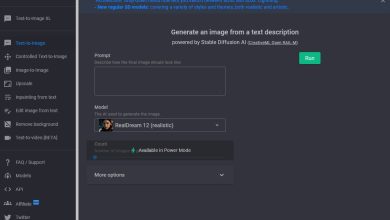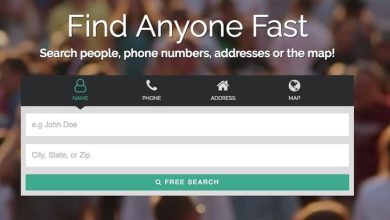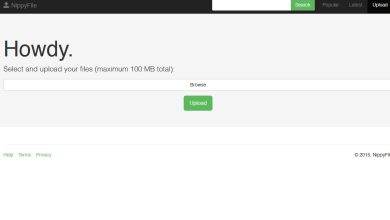
Many organizations are switching to remote working permanently to stay productive. But the remote hiring practice remains a new concept for many.
The process requires businesses to adjust some critical elements of employee recruitment processes, including updating their employee policies and investing in technologies that support remote working.
Remote hiring can be more efficient if firms use the right approaches to attract the right talent.
A good employee selection plan, delegated to the virtual world, is all they need to make the remote hiring process easier.
Before we delve into the tips for remote hiring efficiency, let’s look at some benefits and challenges of hiring remotely:
Benefits of Remote Hiring
Here’s how companies can benefit from hiring remotely:
Less Time to Meet and Interview Candidates
Hiring office staff involves long processes such as conducting background checks on candidates, handling paperwork, and interviews. It can take weeks to find the right candidates for the job.
Remote hiring can take only 24 hours with a good hiring process. There’s less bureaucracy that slows the process down. In the end, you’ll get to set up more productive meetings when working on projects.
Access to a Wider Talent Pool
Remote hiring gives you access to a broader talent pool without any geographical restrictions. You’ll find A-plus talent from different time zones who’ll add value to your company.
It is also easy to promote diversity by bringing in different attitudes, ideas, and perspectives to your business. This creates a worldly working atmosphere that benefits your company, staff, and your customers.
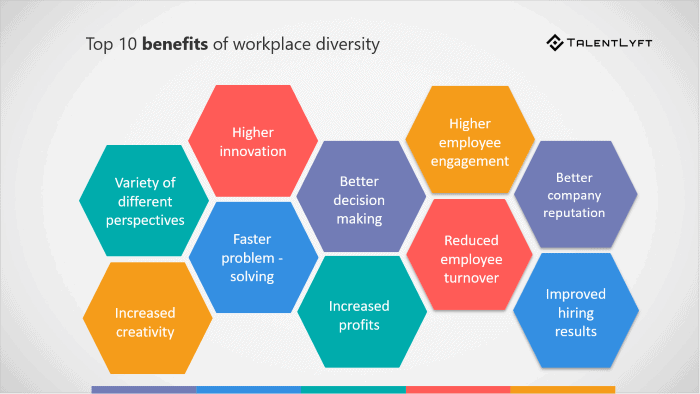
By leveraging a diverse, global workforce, you’ll find various candidates with much more expertise.
Furthermore, your new remote hires can create inroads into new communities and markets, helping your company organically expand its reach.
It Reduces Bias
When hiring remotely, you assess candidates through standardized questionnaires or tests that apply to all candidates. That makes it convenient to compare the performance across a network of interviews going on at the same time.
Well-structured questions give candidates a clue of what you expect of them, minimizing risks of false negatives.
Remote interview questions also come with well-structured, standardized scoring rubrics. They help interviewers understand the relevant competencies needed and focus on assessing and evaluating them during the interview.
More Security and Safety for the Staff and Candidate
Due to the pandemic, every organization has embraced remote working to ensure business continuity and safeguard its employees against COVID-19.
Thanks to technological advances, you can safely conduct remote interviews without any health concerns.
Moving to online interviews is risk-free as it uses effective virtual recruitment methods like video conferencing. You can utilize apps such as Zoom, Slack, or WeChat Work to engage the candidates remotely.
Challenges of Remote Hiring
Remote working keeps growing with technology, making its implementation easy, but it also comes with challenges for managers and employees. Here are a few of these challenges:
Differences in Time Zones
Recruiters face challenges when trying to reach and schedule interviews with candidates from different time zones. With a good plan and the right technology, you can overcome this and schedule interviews at a convenient time for you and the candidate.
Technology has produced scheduling tools where candidates can schedule themselves in for a live interview at a time that suits both sides.
As a recruiter, you can implement efficient communication strategies and incorporate support teams to share the load and speed up the hiring process.
Ensuring a Cultural Fit
It’s not easy during remote hiring to make sure your candidates fit into your remote team culture. They come from different geographical locations, making it difficult to gauge cultural fit.
A remote interview may not assess their personality very well and how they will fit in the team, especially if it’s their first time working remotely.
To pick the right remote candidates, you can introduce skill-based hiring where you define the goals candidates have to achieve and the skills required for the role. Then create a test that will evaluate their knowledge and skills.
The skill test will help you weed out those unqualified and make the hiring process more efficient and streamlined.
You could also ask selected questions in the second round of your hiring process to give you a clearer idea and picture of the candidate. Soft skill questions will help you find out if the candidates have the cultural fit for your organization.
Finally, pick the one you know has both a remote team culture fit and a hard skill set.
Onboarding
Onboarding is essential in remote hiring. A flawed onboarding process can disconnect remote team members from the rest of the team, increasing employee turnover risks.
Always make sure the candidate has all the resources available and can regularly communicate with the rest of the team.
Implement project management tools, knowledge hubs in the cloud, regular video meetings, and company apps to engage new hires with their teams and immerse them in the company culture.
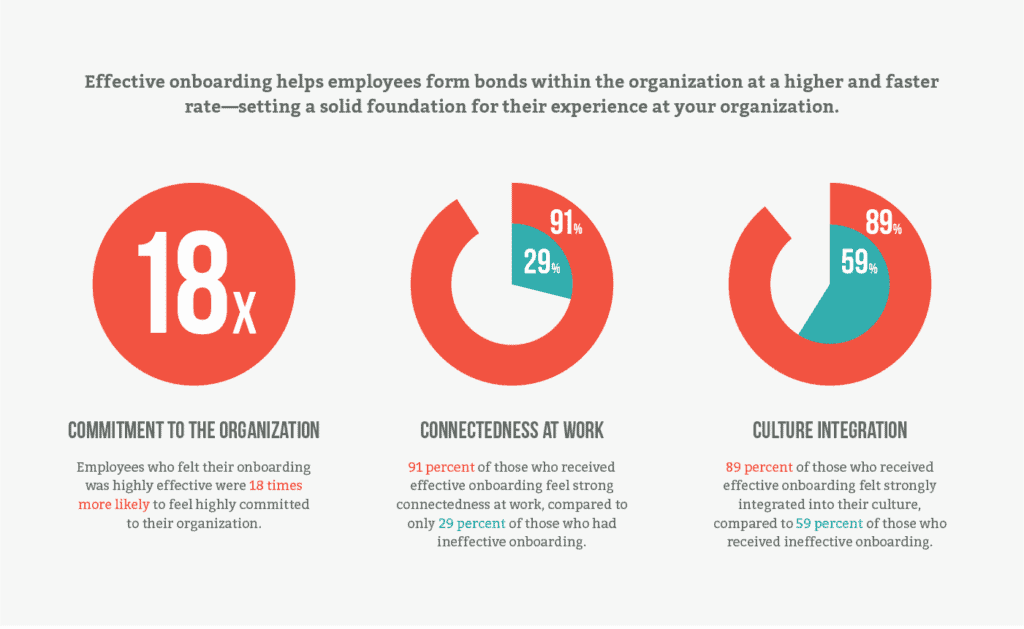
Company apps can be beneficial for scheduling, vacation planning, calendar and deadlines, act as a source of information on company procedures, learning, and communication between team members.
Having an app developed for collaborative purposes doesn’t have to cost much. You can outsource it to expert developers who will tailor the app to your business requirements.
Set expectations when your new hire should be online and engaged. A timed schedule will help them know when team working sessions and meetings will be held.
Have a list of collaboration tools and a crash course on how to operate them. Also, make sure you have IT teams that will provide support and security to the remote teams.
Making Remote Hiring More Efficient
Remote hiring is a different ballgame from in-person recruitments. It requires planning new roles before conducting interviews and recruiting new members in a remote world.
Now that you need mission-critical talents, you need to be well prepared, just as you would for face to face interviews.
The tips below will help you make your virtual hiring process more efficient.
Post Clear and Accurate Job Adverts
Posting detailed job advertisements with the right keywords will enable you to attract suitable candidates for the job. Outline the responsibilities and expectations, so applicants will clearly understand what you’re looking for.
Video vacancies are also good when you need to attract and engage potential applicants with the right skills. This will also establish connections with them on a more personal level early enough.
Put More Emphasis on Your Remote Working Culture
Your job advert should highlight the following points:
- job requirements, duties and expectations
- remote hiring policy details
- details about collaboration
- communication and logistics tools for the role
- the rationale for why the position is specifically remote.
Highlight your firm’s culture and how it values remote working. You are competing for talent with other remote-first companies, so your proposition should stand out to get you the best candidates.
Structure Your Hiring Process
A well-structured recruitment process drives consistency during interviews while reducing any risks of biases. The candidates will enjoy a better interviewing experience.
Your structure will identify the steps to follow during the process, who will be responsible for what stages, and when each assignment will be completed.
You may have to procure a tracking tool to help you manage remote applicants and ensure everything runs smoothly throughout the remote hiring process.
Get the Entire Team on Board
Your intuition and evaluation alone may not be enough. Including your team members in the hiring process can bring in more in-depth insights into the interviewees’ personalities, skills, and experience.
They’ll also be able to interrogate them for soft skills such as time management, self-motivation, and intuition and compare their views to come up with more accurate assessments.
Staying aligned with your team ensures everyone understands all the steps of the hiring process and will finish on time. You’ll come together to review the interviews, offer views on each candidate, and come up with the final results.
Every member of the team should be updated on the progress to ensure the best outcomes for your remote hiring efforts.
Develop Remote-Specific, Customized Questions, and Assessments for the Interview
Remote work requires much more than technical skills, so you have to develop open-ended questionnaires related to the role advertised.
During the interview, assess them for communication, competence, proactivity, self-discipline, consistency, role-playing, and decisiveness. Don’t forget about self-motivation, intuition, and time management.
Here are a few questions you can include in your questionnaire:
- What attracts you to a remote working career?
- Do you have any remote working experience?
- Tell us how you’ll organize your working day as a remote worker.
- What methods are best for communicating with your team members?
- How will you stay focused on your work?
These will help you assess their soft skills to give you an idea about the candidate’s competency. Don’t forget to evaluate their hard skills, as well.
If your recruits need further evaluation, you can engage them in a paid work assignment to see how skilled they are in practicality. Time the work assignment to evaluate how they perform under pressure.
Don’t make it seem like you’re putting pressure on the candidates. Just talk to them to agree on the assessment at the end of the hiring process. Make sure these are the candidates you plan to hire, so you don’t burden those you aren’t interested in.
Conduct Video Interviews like a Pro
Get the high-end tools that will make the video interviewing process smooth for you and the recruit. You can use both one-way and two-way video interviewing to make the process more engaging.
Since video interviews in remote hiring don’t really simulate the experience of face-to-face assessments, you have to prepare adequately and make the environment comfortable for both you and the candidate.
Arrive earlier to the virtual meeting and start with small talk to make the applicant comfortable with the set up. Ask questions professionally and be consistent so you can know everything there is about the interviewees.
Make sure you’ve got a plan B in place in case your video conferencing fails. Prepare your candidates in advance, too, so they don’t panic when something goes wrong.
Standardize the Shortlisting Process
A well-standardized shortlisting process will help you and your teams work efficiently and fast. Put clearly-defined criteria to score the remote candidates and speed up your recruitment process.
Identify criteria through which you’ll highlight the most needed qualifications and other extras you are looking for. Understand how these qualities will fit in your remote-first setup. Have a scorecard that will help you evaluate and compare the applicants.
With excellent shortlisting criteria, you can narrow down your candidate list by testing their technical skills, personalities, cognitive abilities, and culture fit. From there, you’ll continue with the interviews to select the best fit.
Make the Onboarding Process Creative and Comfortable
Now that your remote hiring procedure has yielded the most qualified candidates, get ready for onboarding. This is where real engagement begins – with more conversations and meetings.
First, you should streamline the remote setup process. Ensure the hardware and software your new hire needs are available, configured, and shipped to their homes before their scheduled date of commencement of work.
On their first day of work, provide them with clear objectives and responsibilities. Instill the company culture in them to let them understand both the social and professional norms, build relationships with their teams through video chats, conference calls, and instant messaging.
Let them bond with their teams and share ideas. You may also assign them a mentor who’ll help them adjust to their working environment, overall goals, and expectations.
Break their training sessions into small tasks that will be easy for you to assess and review. As they master each step, move on to the next until they grasp what they need to do.
You can then assign them real work with short deadlines, which will help you give detailed feedback and reinforce proper work methods.
In the process, you’ll also show them how to share their progress with other team members for easy tracking.
Always review the new employees’ progress regularly when onboarding. Offer them the necessary support and administration to make them feel welcome.
Final Thoughts
Being agile in remote hiring will help you become more efficient and tech-savvy. By adapting your hiring strategies to remote reality, you’ll be making the process easy and comfortable for you and your candidates.
Research has found that 90% of remote workers want to remain working remotely for as long as their career allows it. This means they underwent a comfortable hiring and onboarding procedure that left them satisfied with their work and productivity.
A robust remote hiring process will help you attract the right candidates for the positions you want to fill. Just make sure you conduct your interviews with an eye on remote-specific skills and make the onboarding process memorable and comfortable to prevent employee turnover.
—
Michelle Laurey works as a VA for small businesses. She loves talking business, and productivity, and share her experience with others. Outside her keyboard, she spends time with her Kindle library or binge-watching Billions. Her superpower? Vinyasa flow! Talk to her on Twitter @michelle_laurey.

